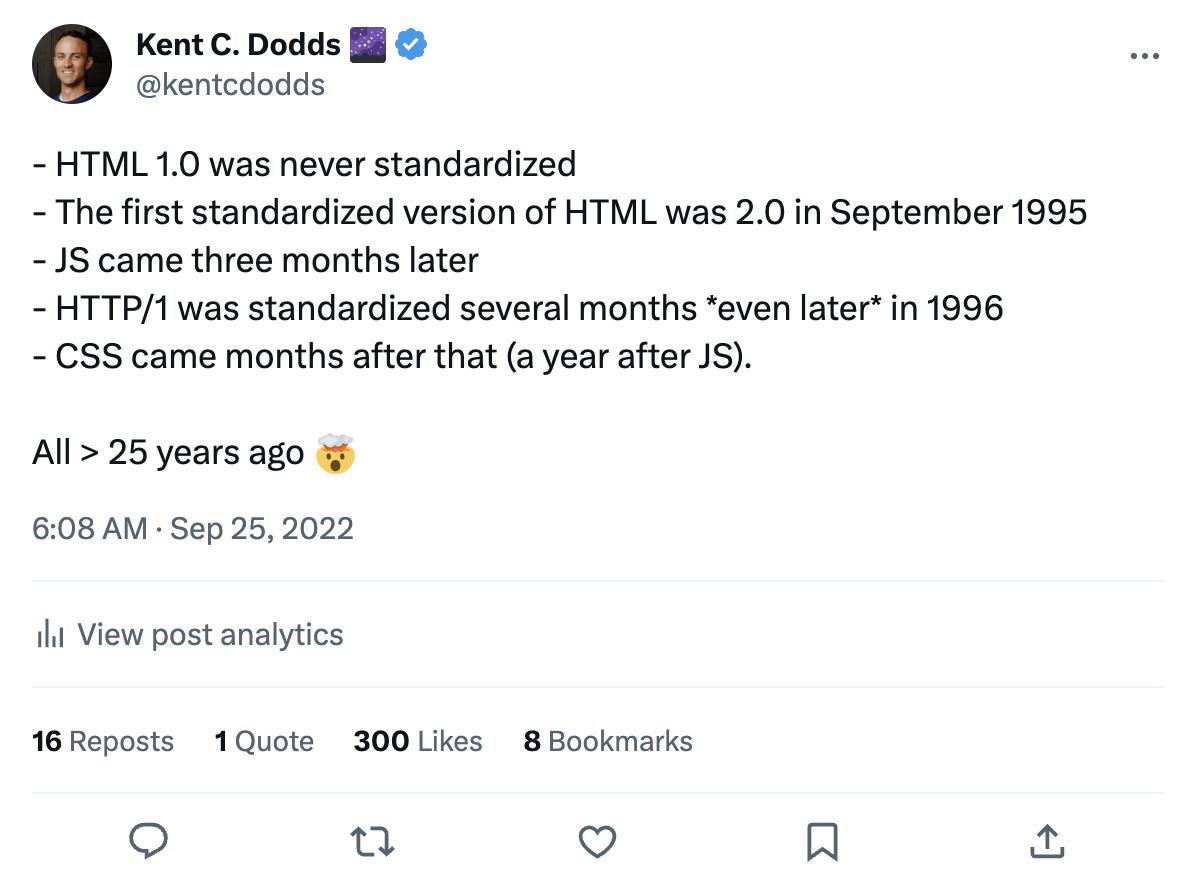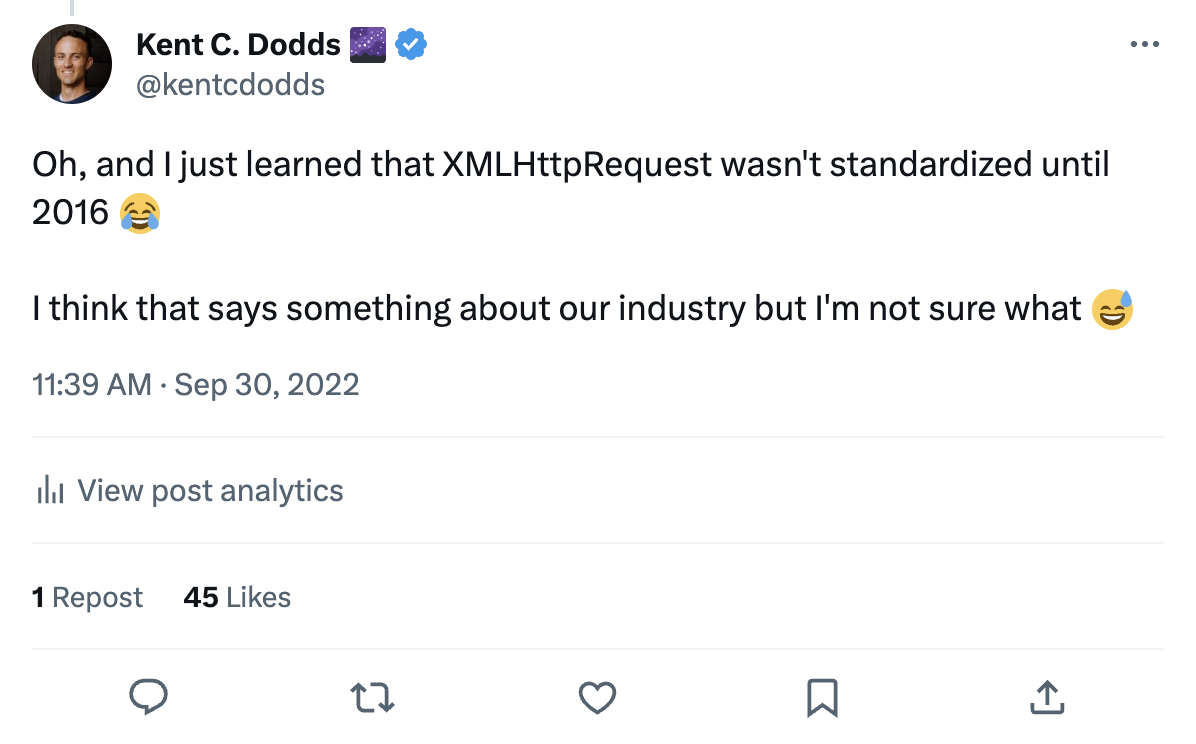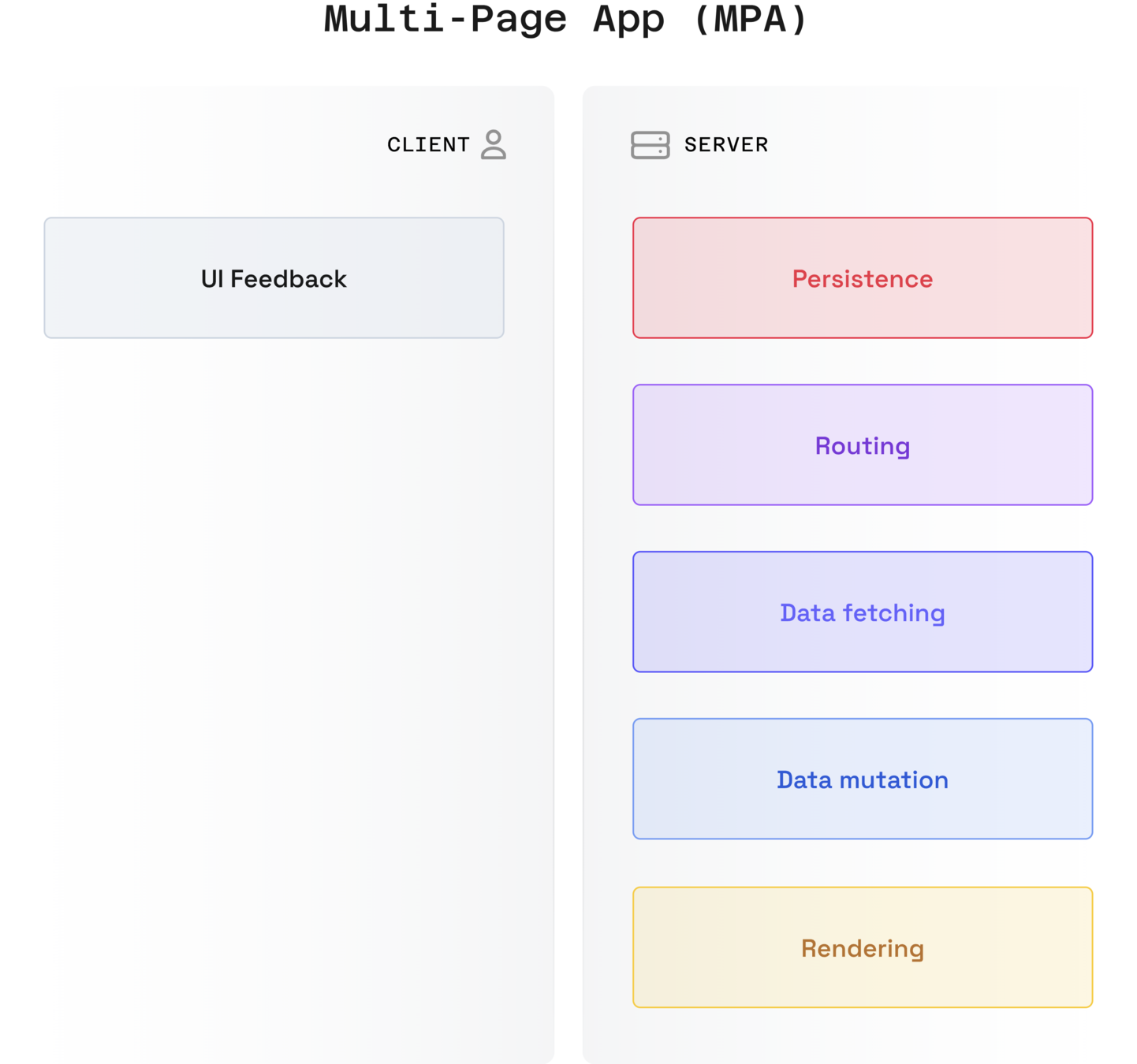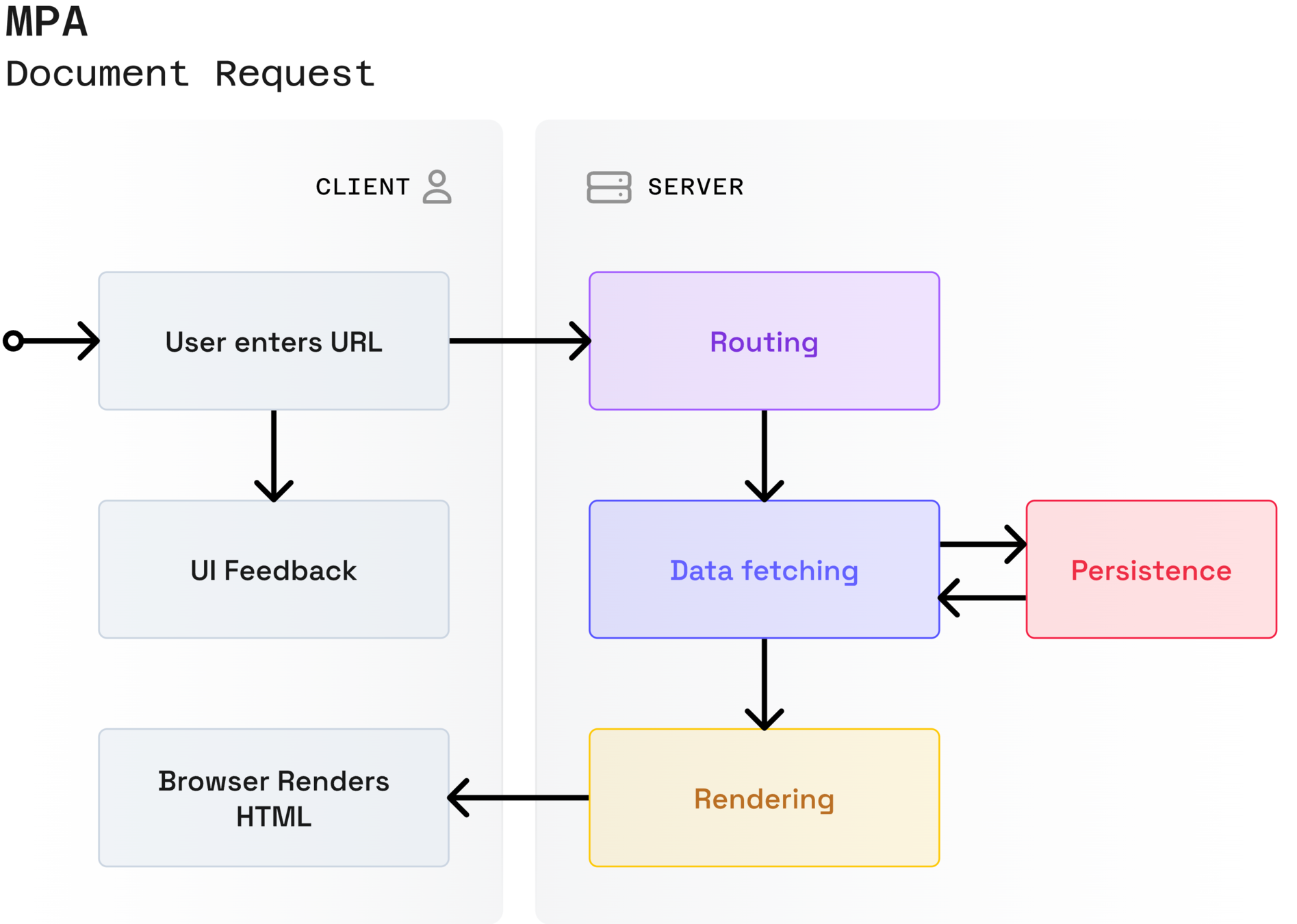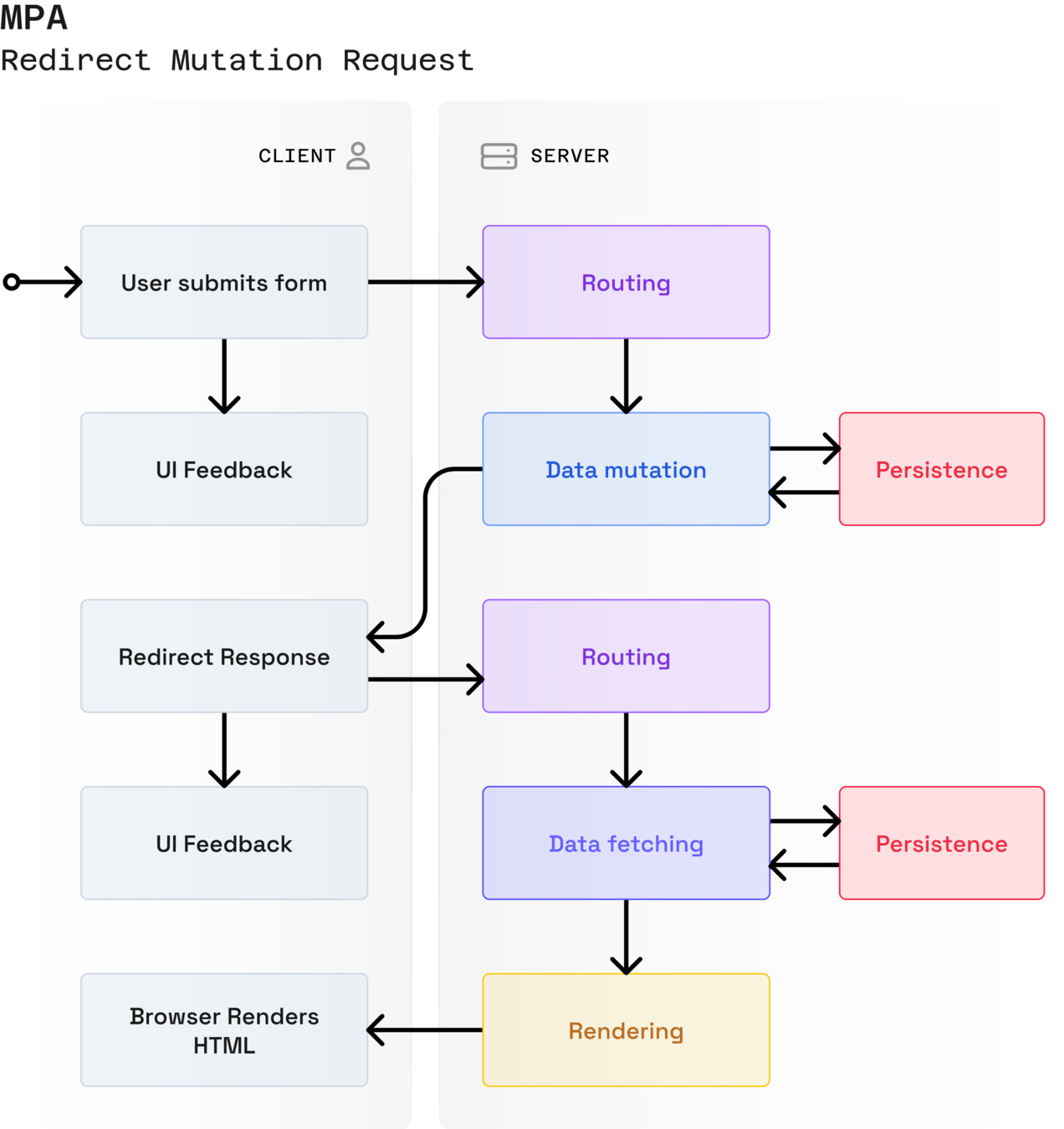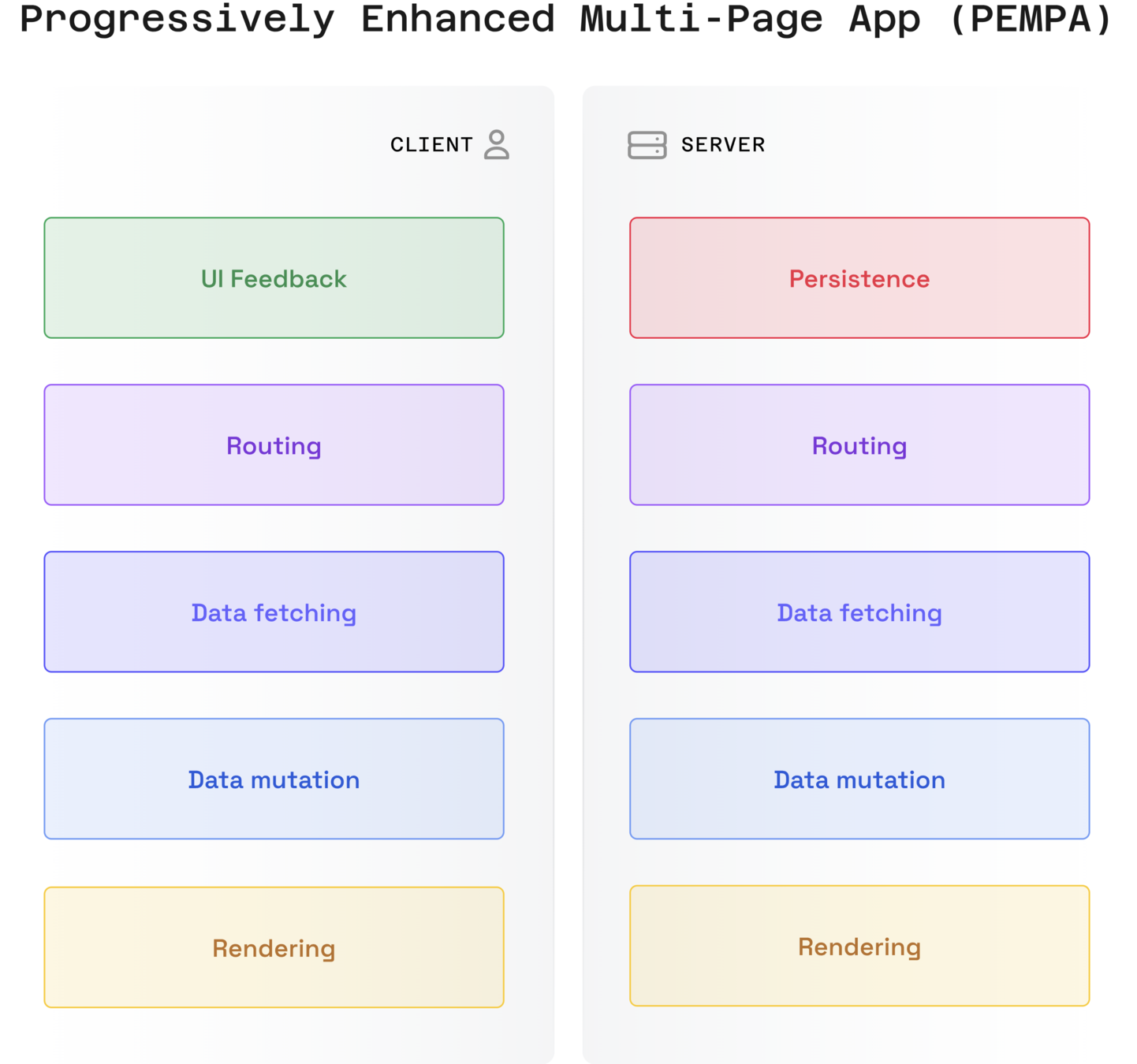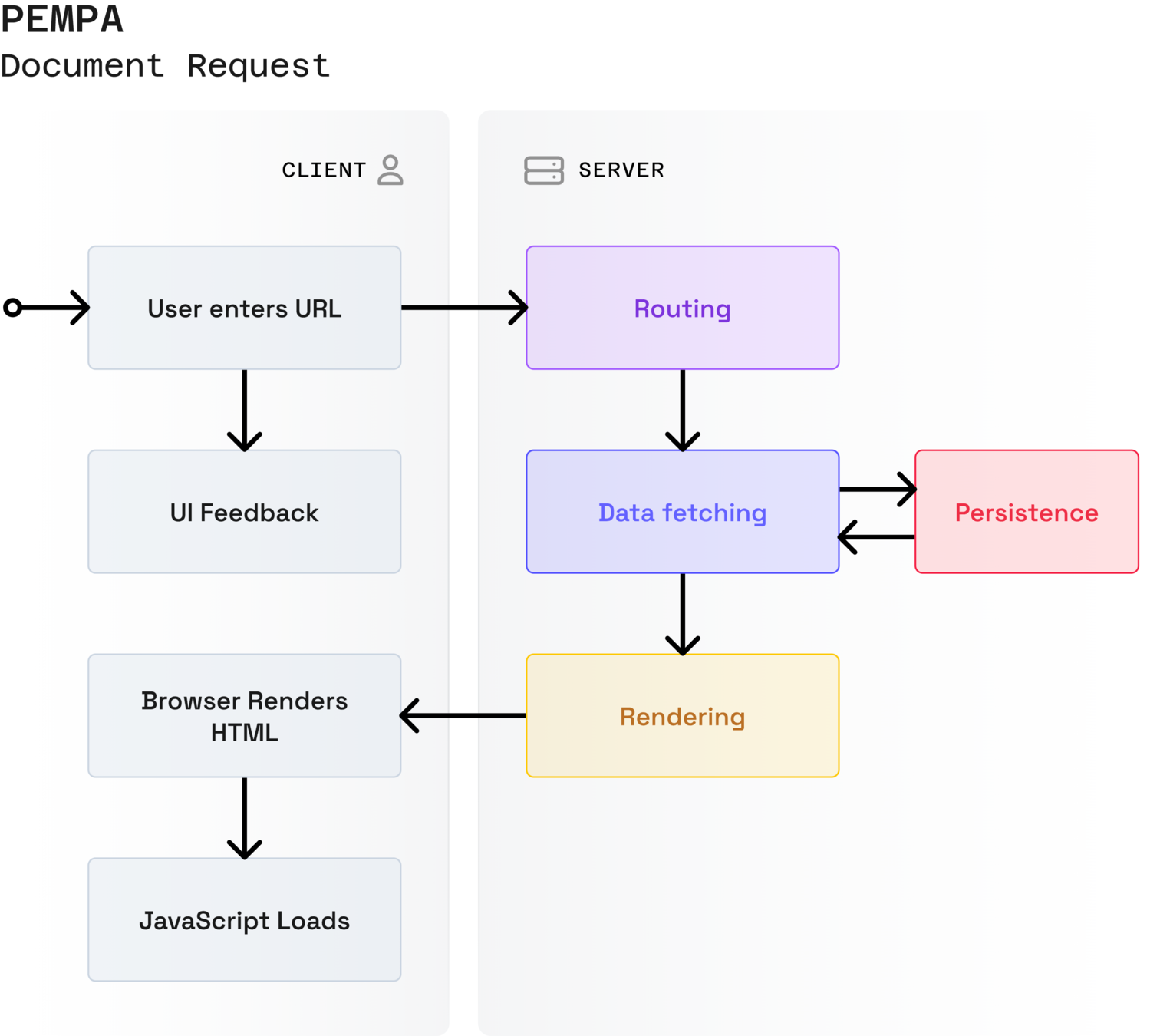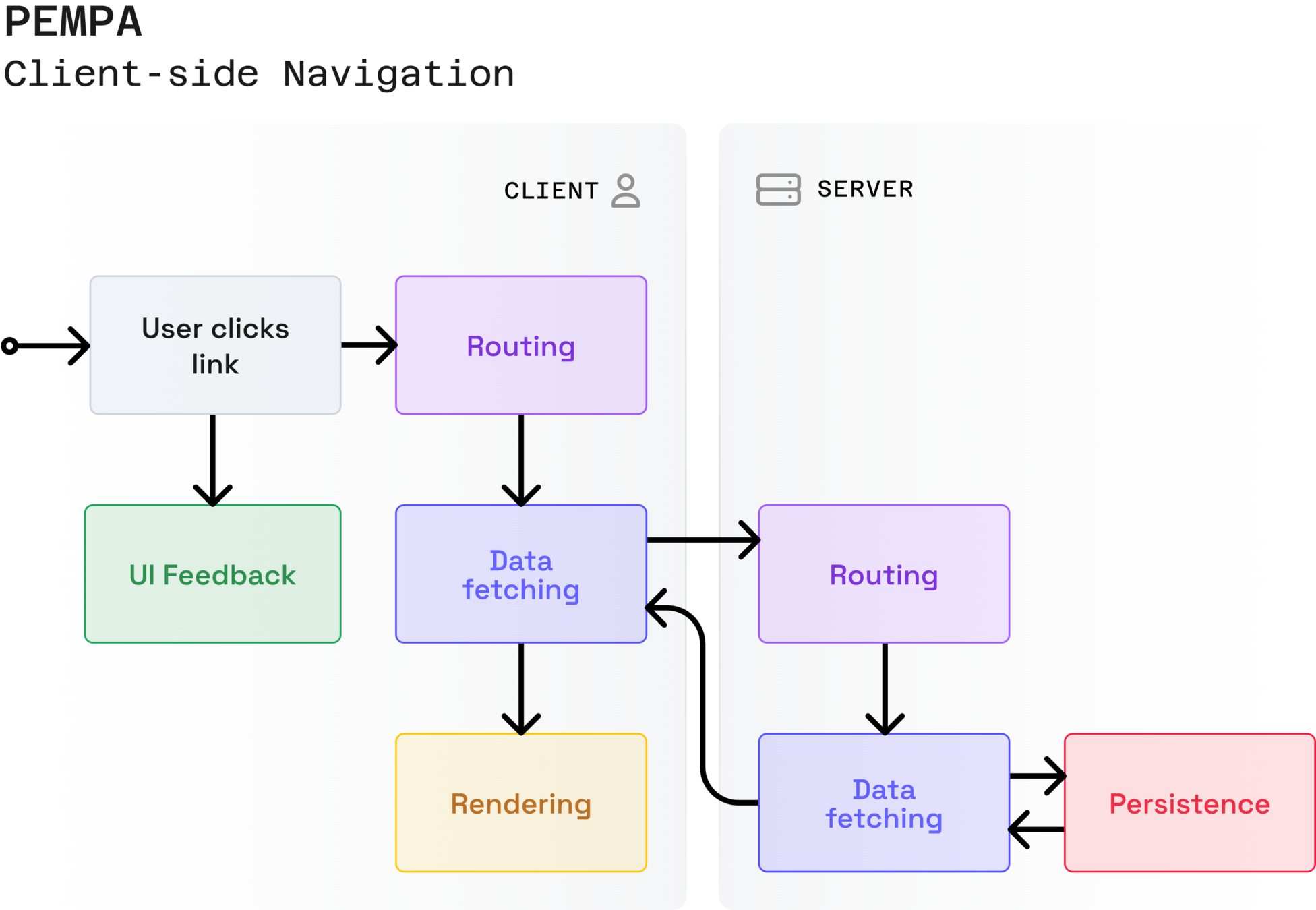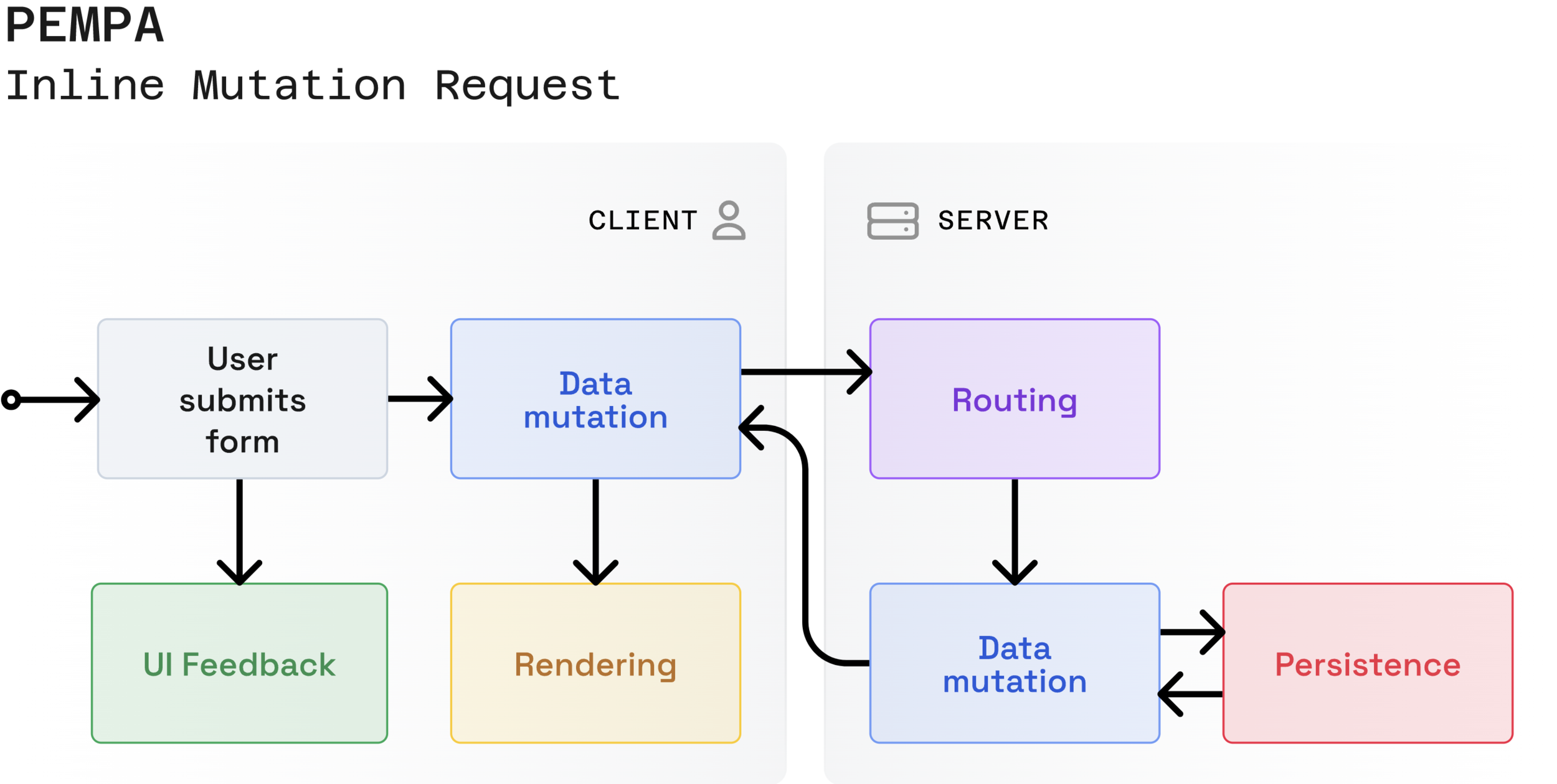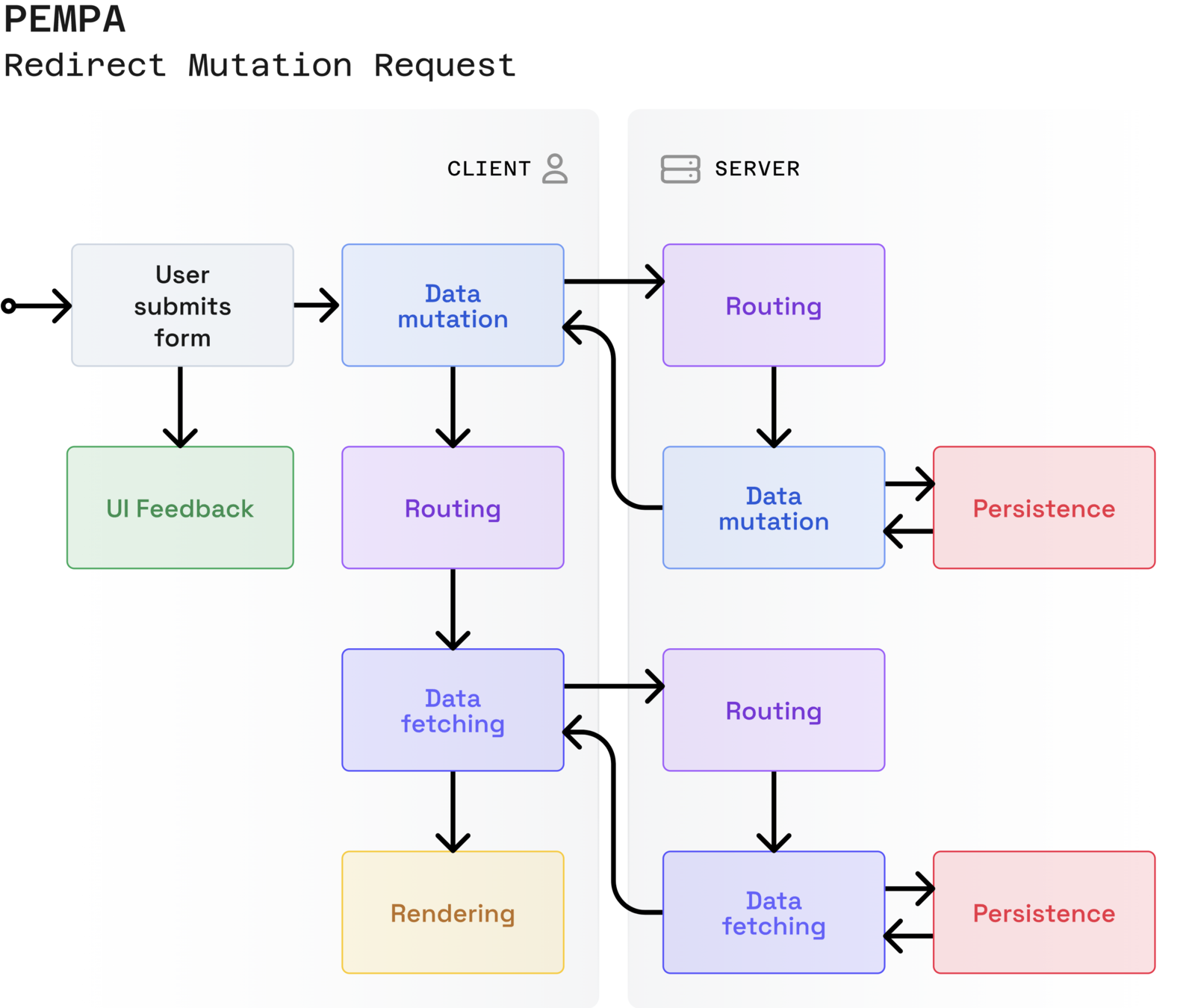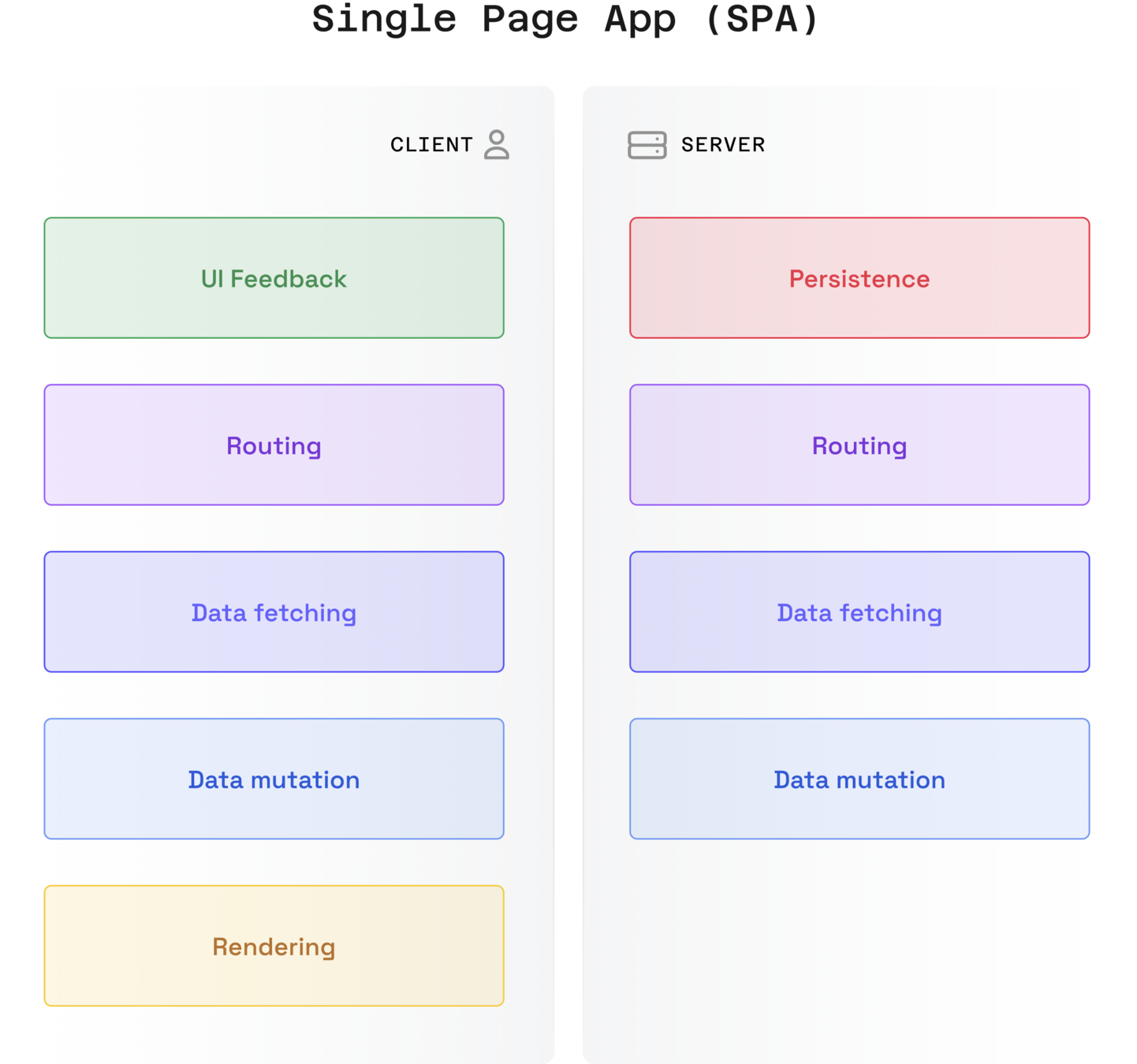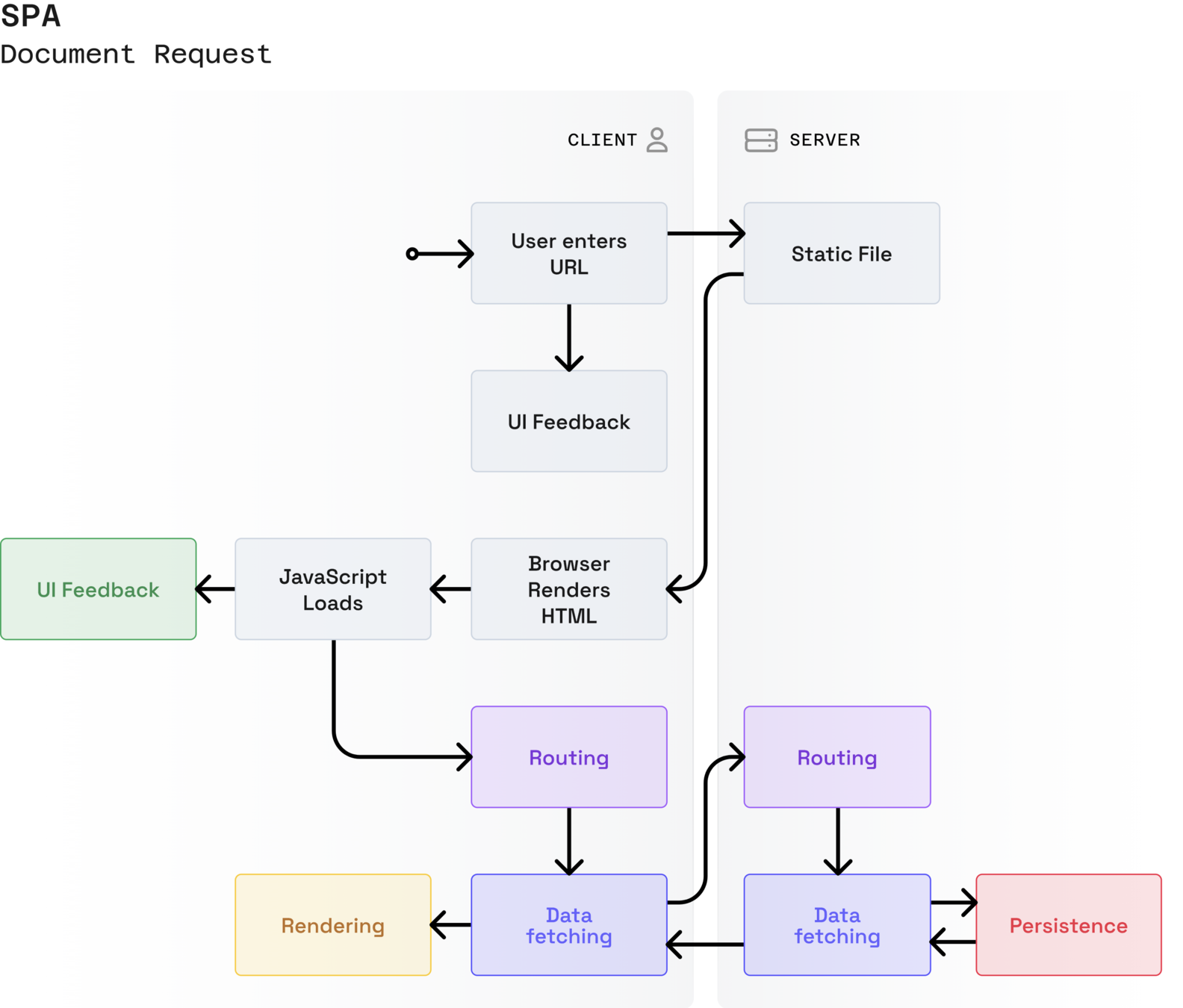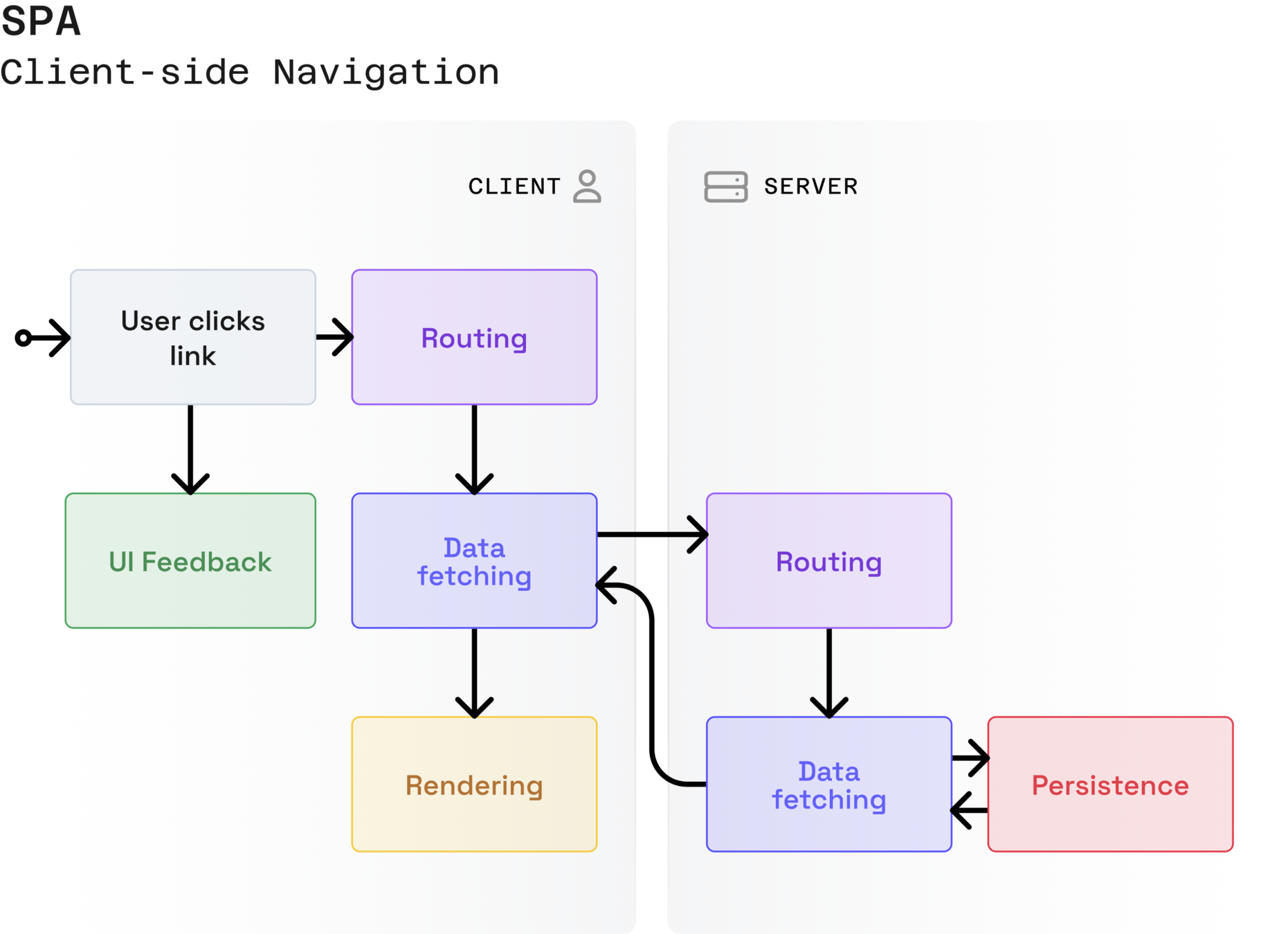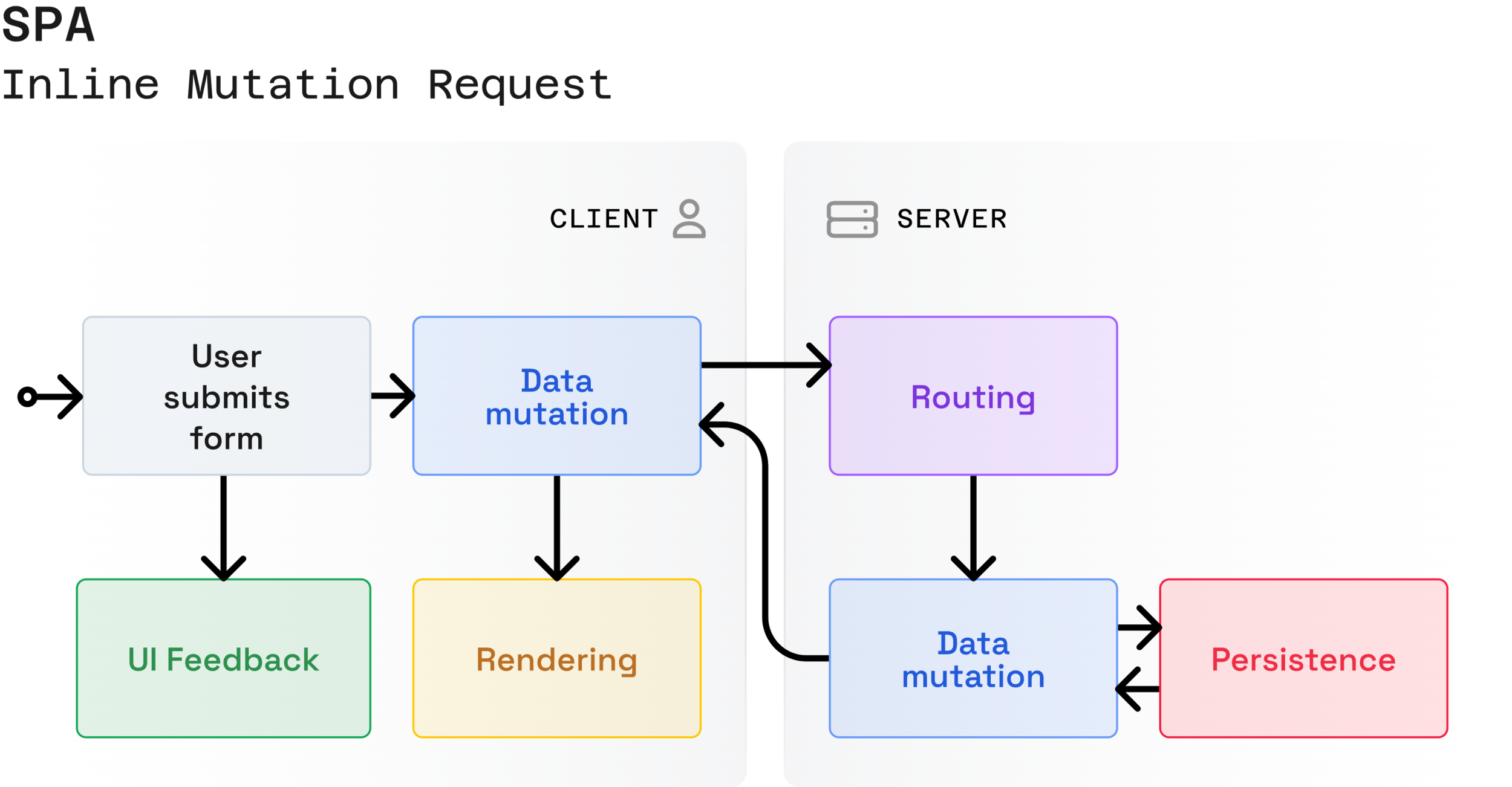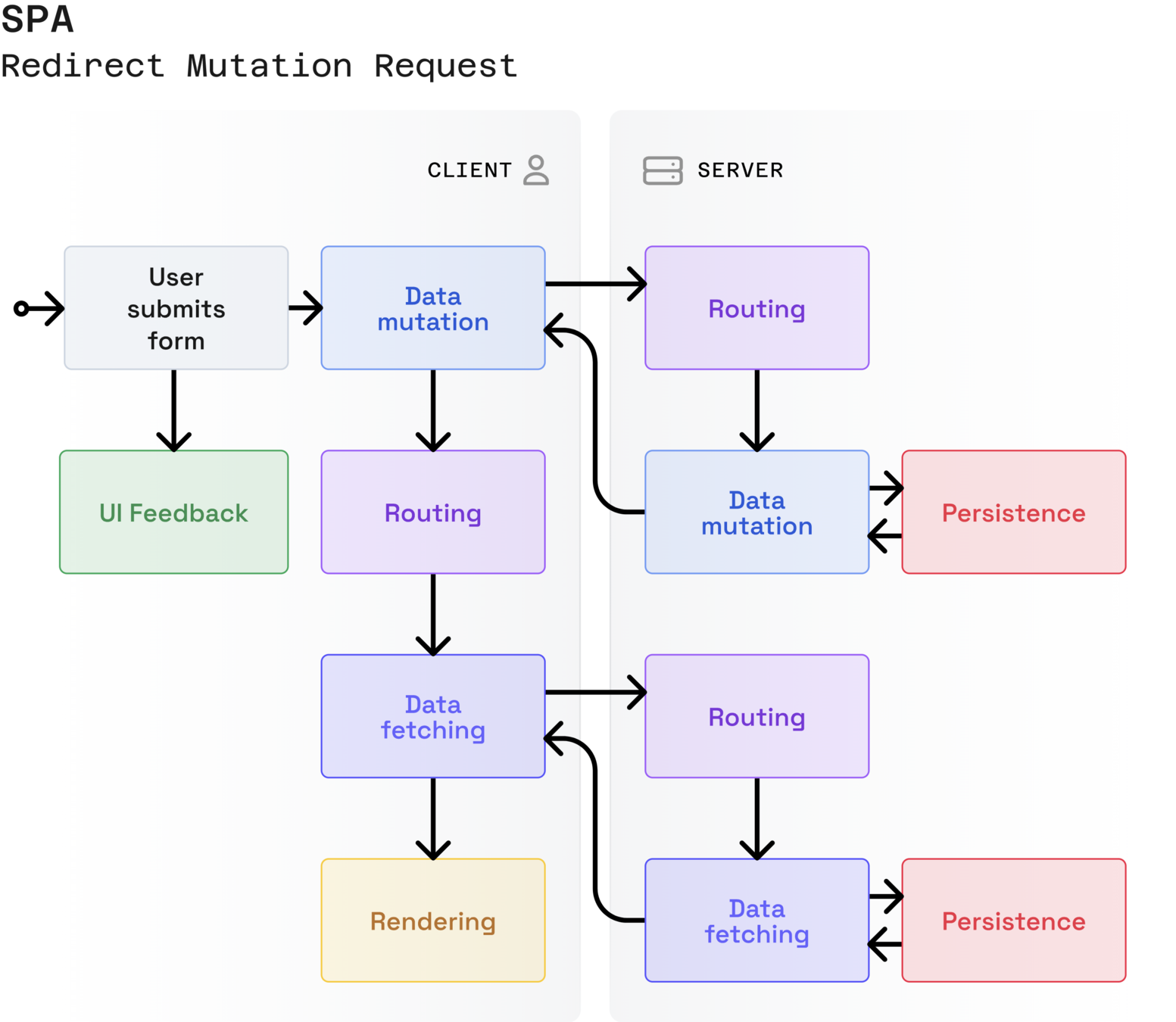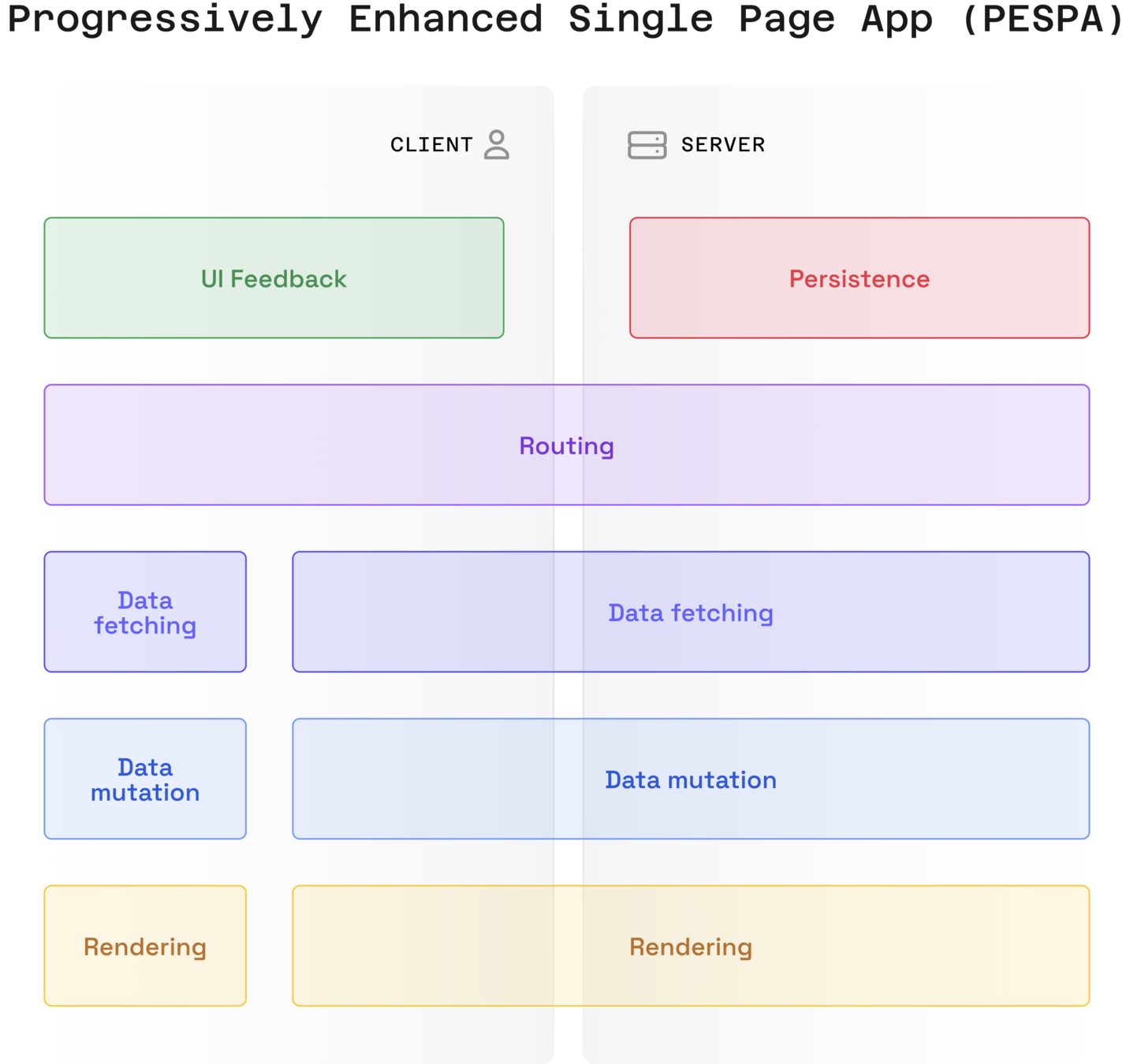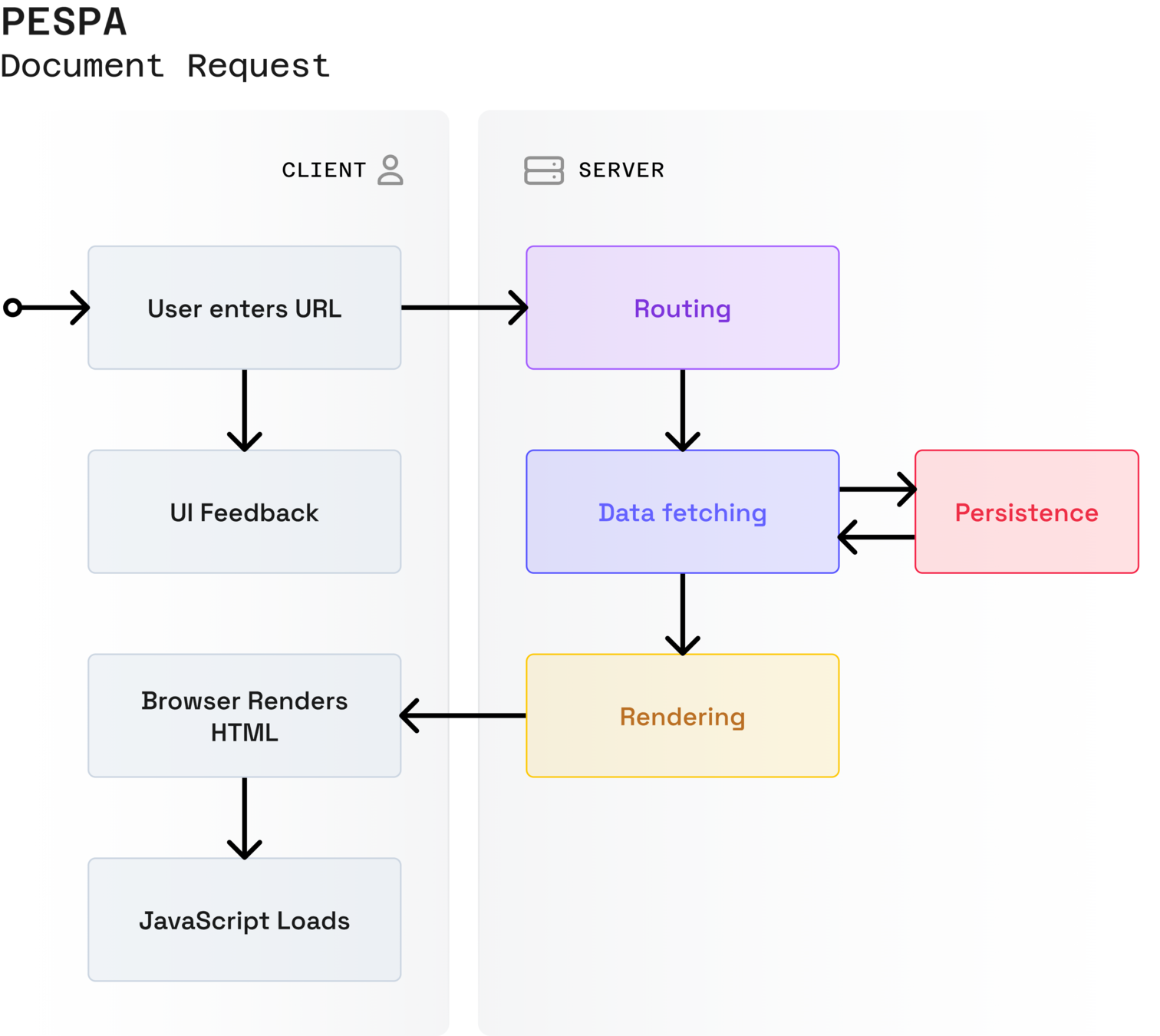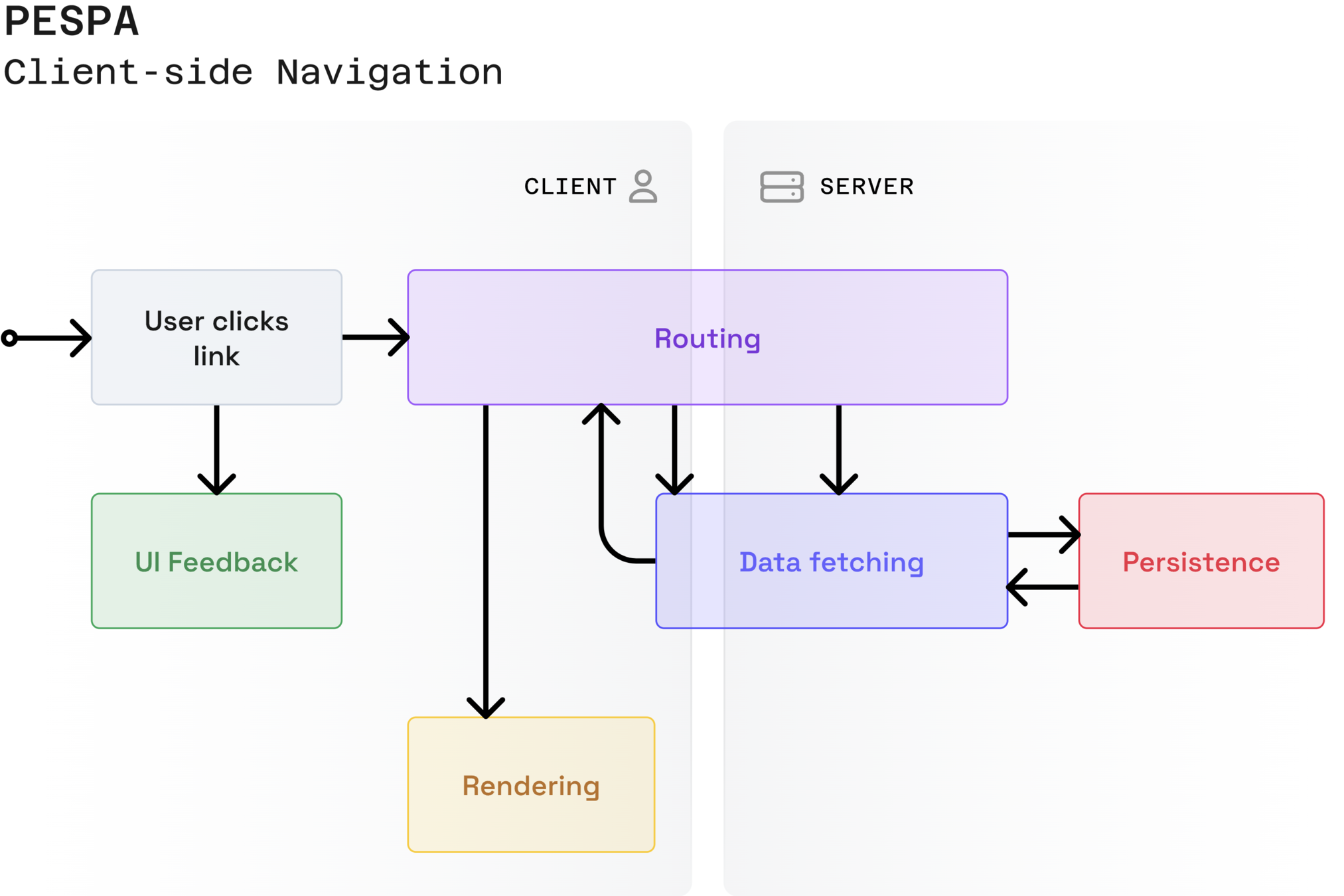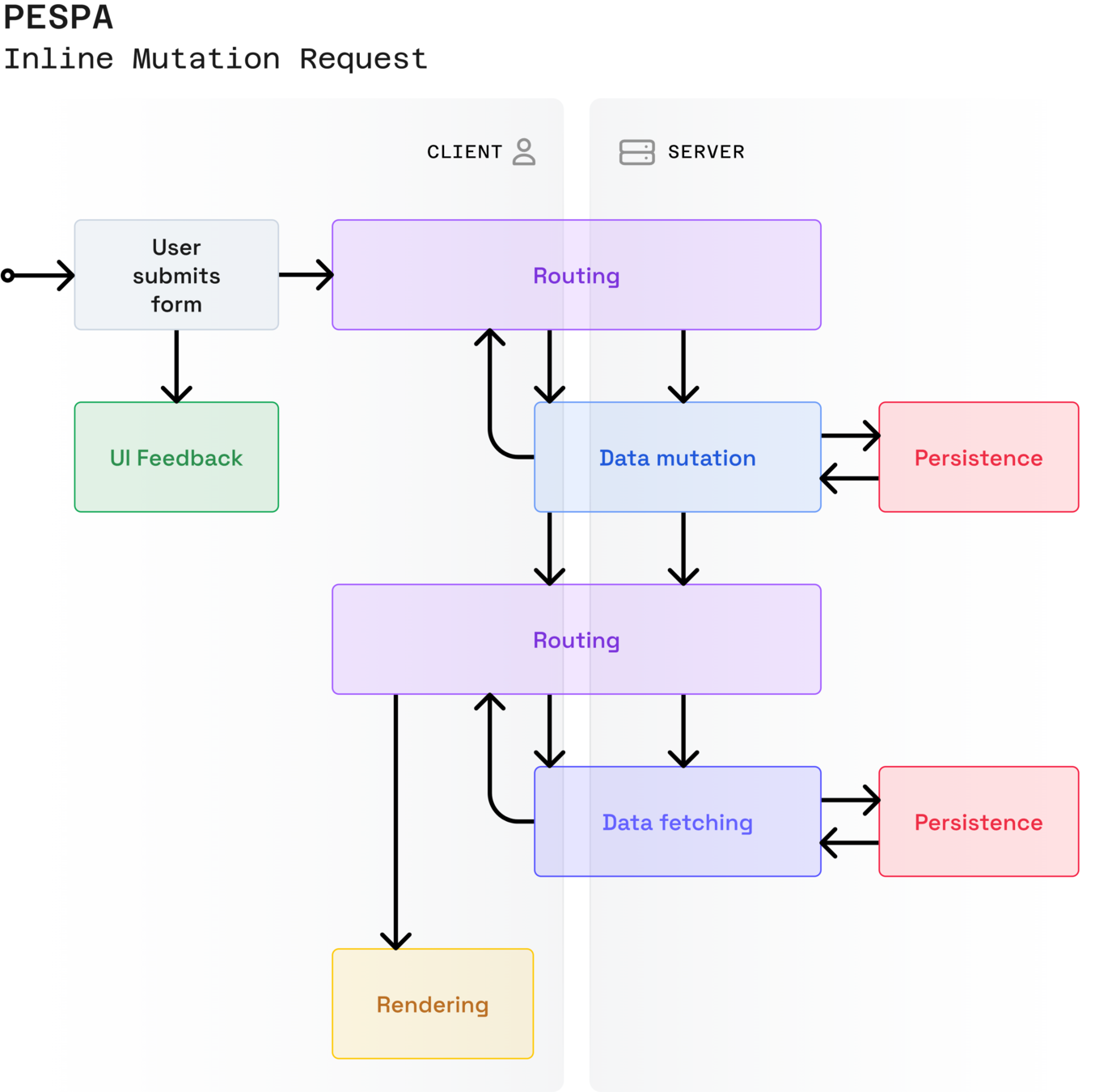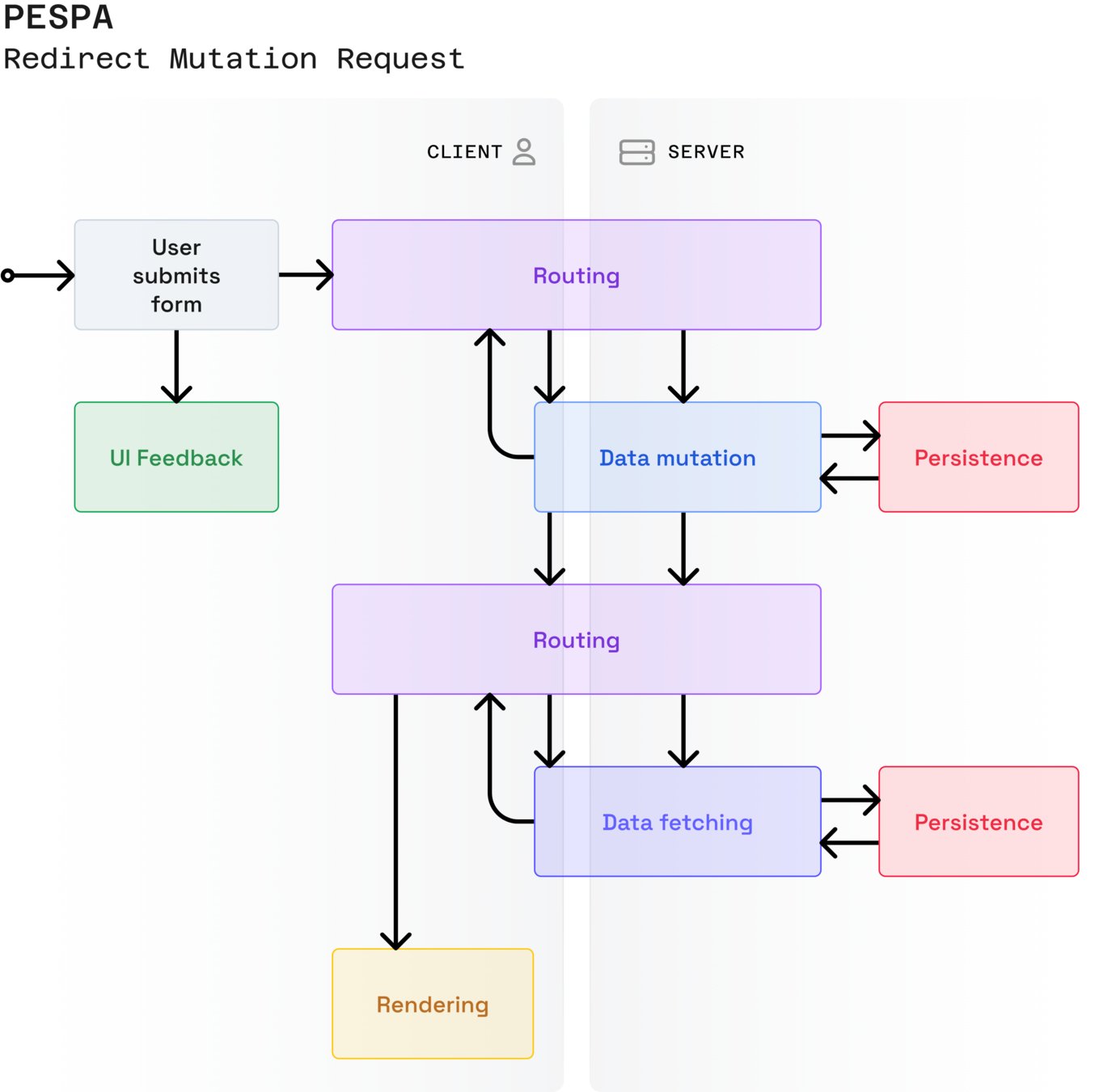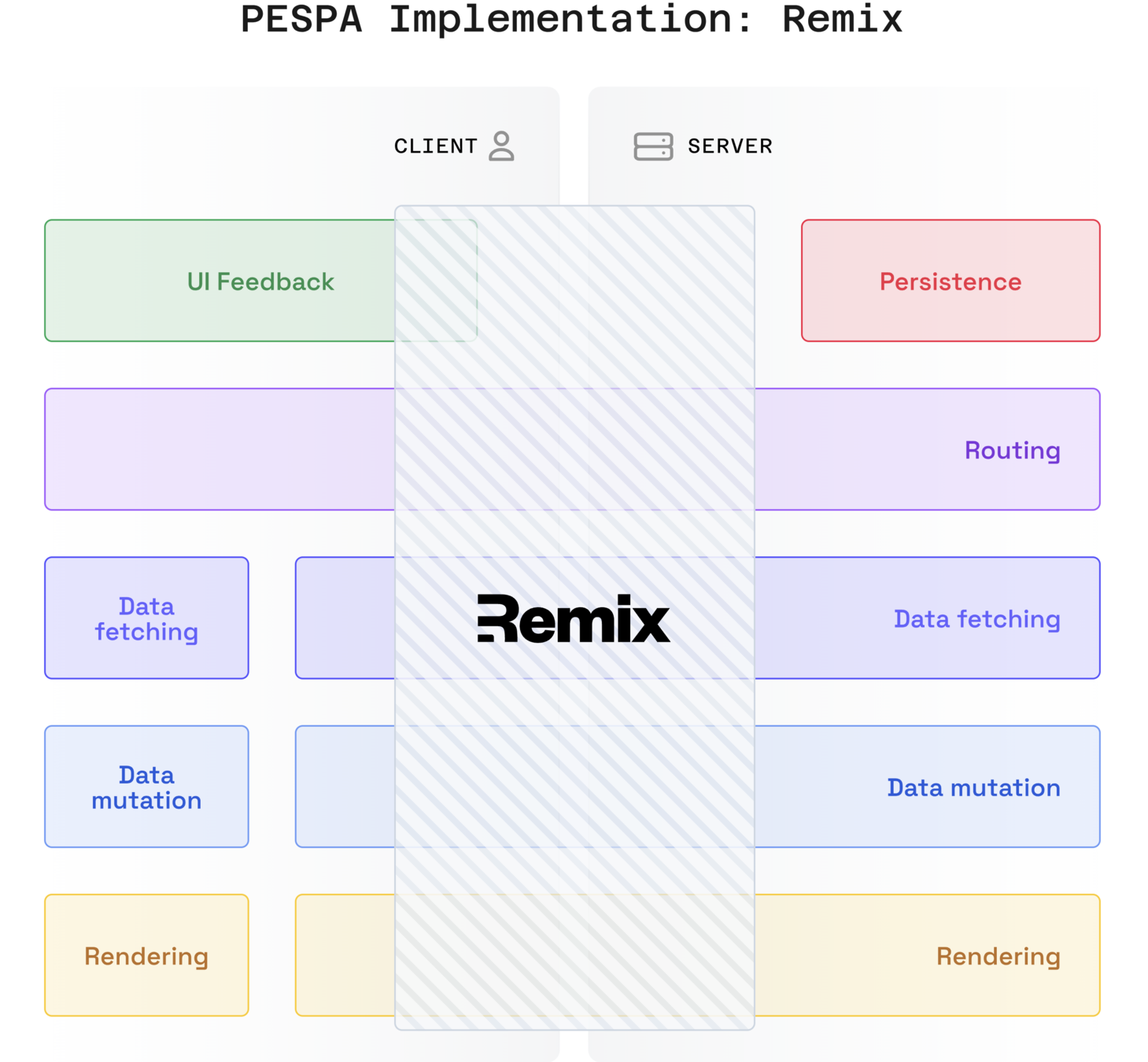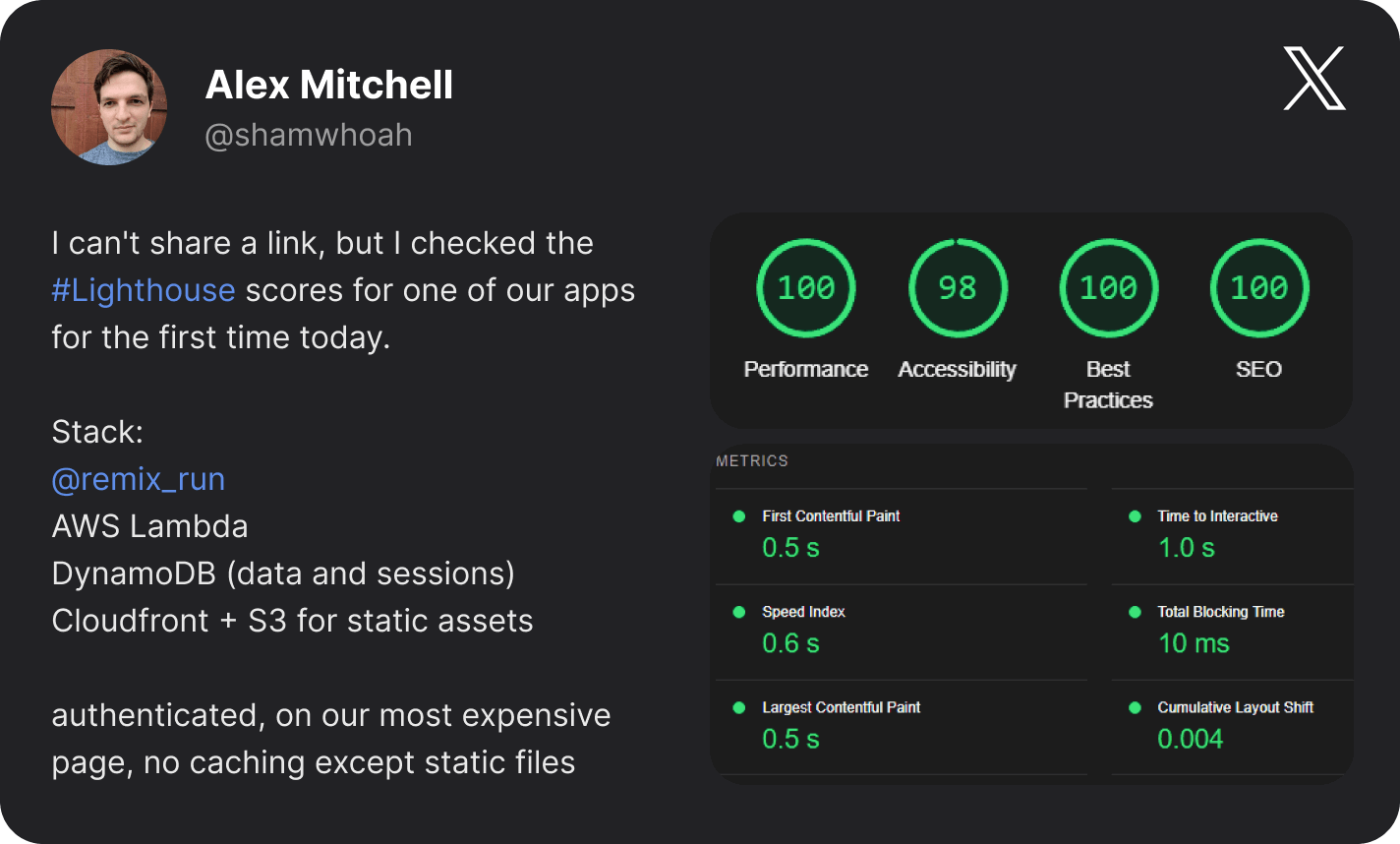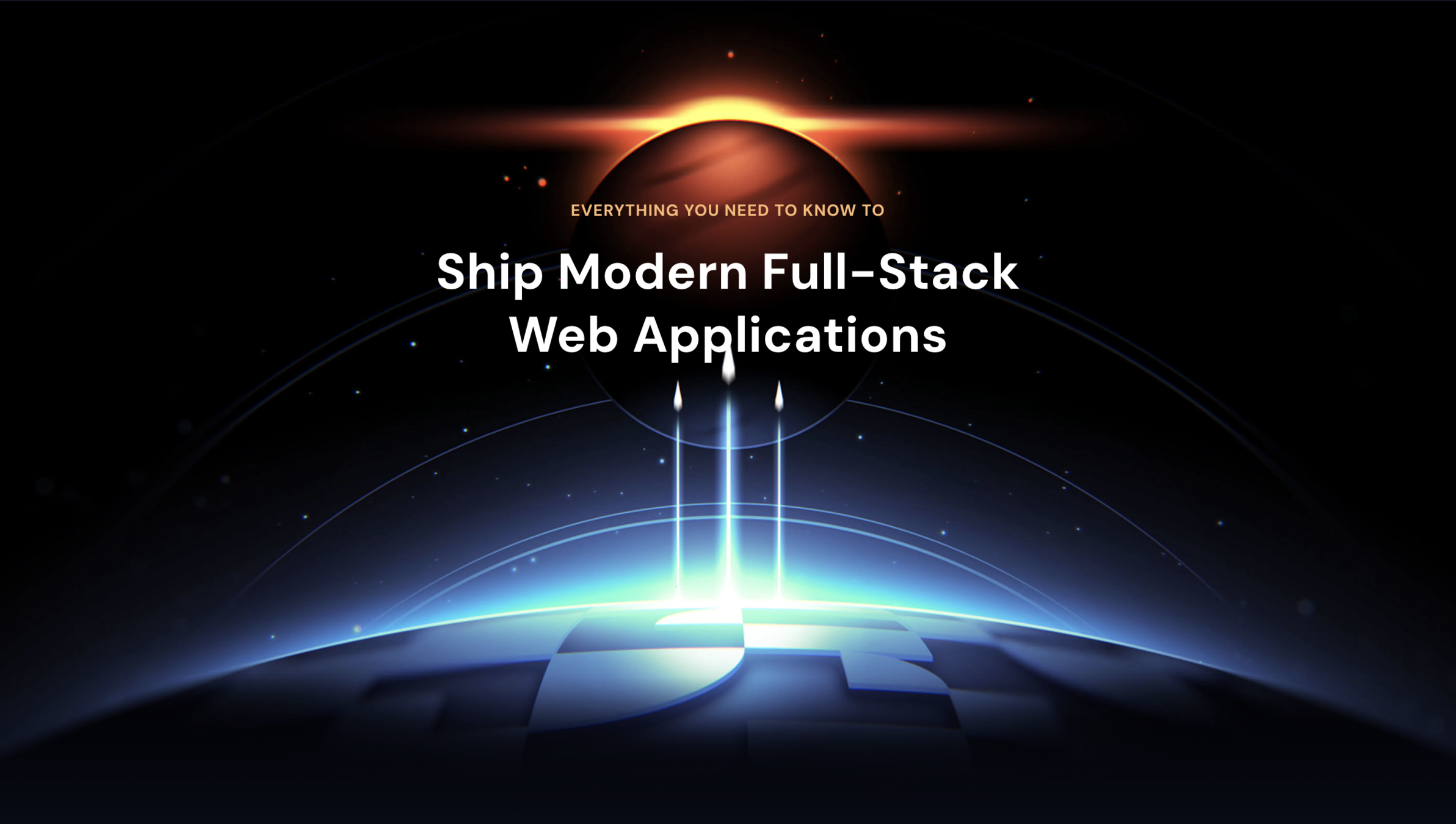The Web's Next Transition
By Kent C. Dodds
The Web's Next Transition
The web. What started as a document sharing platform has evolved into an application platform. The web has been through a number of transformations over the years. From static HTML files to dynamic server-generated HTML responses. Then to REST or GraphQL APIs consumed by JavaScript-heavy clients with the Jamstack. The web is entering a completely new transformation. Modern infrastructure and techniques have changed the rules of what it means to make an excellent user experience. In this new future, what's old is new and what's modern is lacking. In this keynote, Kent C. Dodds will show you how this transformation will impact your user experience, your development productivity, and your business goals. The future of the web is distributed. It's faster. It's cheaper. It's exciting. Kent will show you what you can do to stay in front of it (and no, it's not web3).











